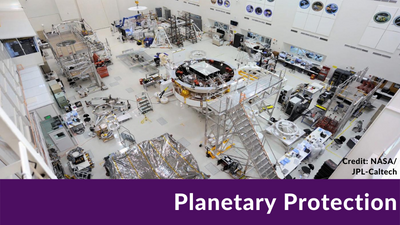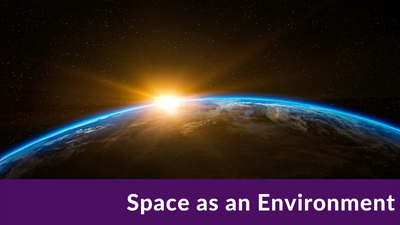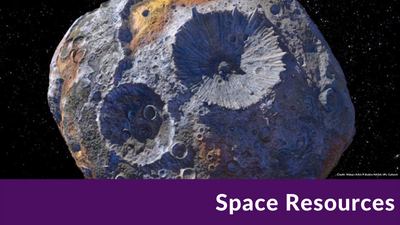Governance
What is Space Governance?
Space Governance is about the set of rules, guidance and institutions that exist (or need to exist) in order to ensure the peaceful, cooperative, and sustainable use of outer space. The Outer Space Treaty provides the framework, but these rules have been developed through subsequent treaties, general assembly resolutions, domestic legislation, and state practice, as well as non-legal development which establish the accepted practices and processes for conducting activities in outer space.
As we enter an exciting new era of human activity in outer space it is clear that these new activities will need new rules, but it is vital that we make sure these new rules uphold the core principles of the Outer Space Treaty.
Those principles are:
- Space is free for use by all States
- Space is a domain of peaceful cooperation
- States cannot claim territory in outer space
- The use of space should be for the benefit and in the interests of all humankind
Space Governance and AstrobiologyOU
AstrobiologyOU are focused on the search for life, or the evidence of life, elsewhere in the Solar System. Governance is important in this quest for several reasons. There is the broader need to ensure that space is a safe, stable and cooperative environment (speaking at least in the legal and political sense) which means that scientists can conduct their work. Space governance also ensures that the scientific integrity of space, the planets and moons through Planetary Protection. This is vital, if signs of life are found on Mars, for example, astrobiologists need to be certain it is actually Martian life and not transplanted Earth life.
Of course, making sure these rules are adhered to and adapt to deal with new developments is a challenge, and part of what we explore within the governance team. That means taking a broader, more holistic look at governance of the space environment. As well as considering the hows and whys of space governance.




